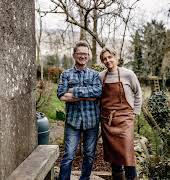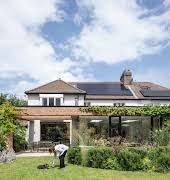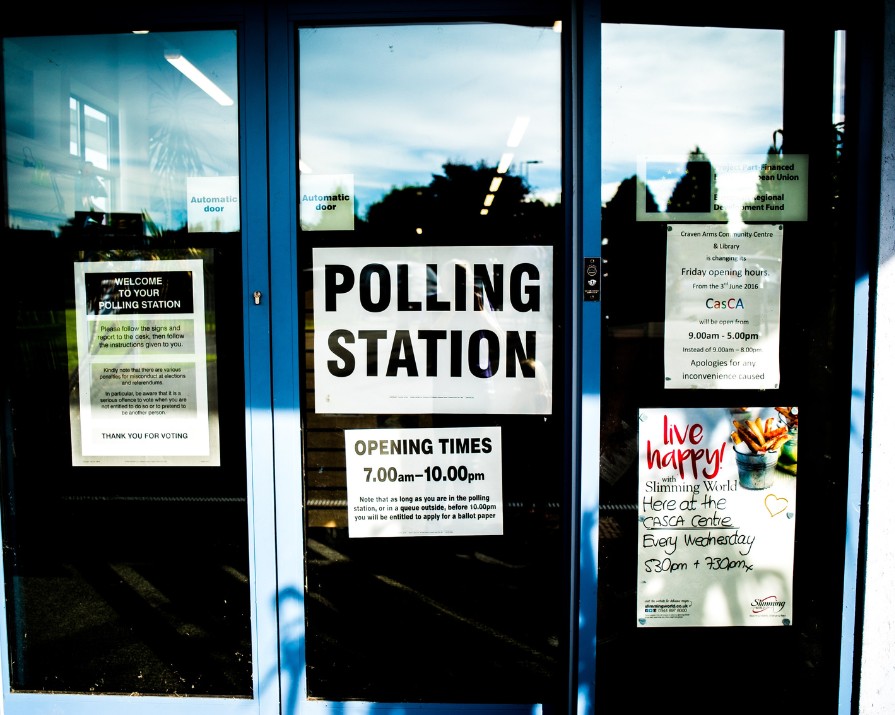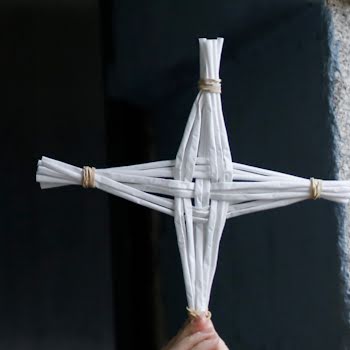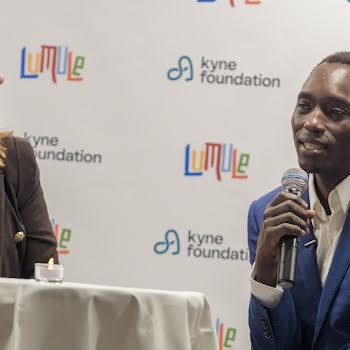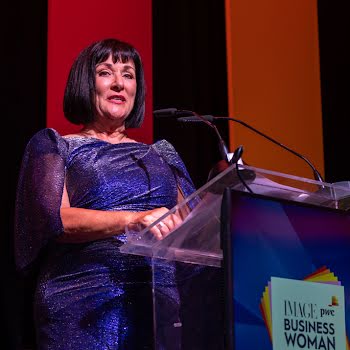What you need to know about the two referendums happening in March 2024
By Sarah Gill
06th Dec 2023
06th Dec 2023
Taking place on International Women’s Day next year, these referendums seek to change constitutional references to ‘women in the home’, and expand the definition of the family.
Earlier this year, it was reaffirmed that a referendum on the ‘woman’s life within the home’ was to take place in November, but due to wording difficulties, there were significant delays. Yesterday, the Cabinet confirmed that a date has been set for Friday 8 March, 2024.
On International Women’s Day next year, two referendums will be held, the first of which to amend Article 41 of the Constitution to provide for a wider concept of family, and the second to delete Article 41.2 of the Constitution to remove text on the role of women in the home, and insert a new Article 42B to recognise family care.
The article currently states: “In particular, the State recognises that by her life within the home, woman gives to the State a support without which the common good cannot be achieved.
“The State shall, therefore, endeavour to ensure that mothers shall not be obliged by economic necessity to engage in labour to the neglect of their duties in the home.”
Criticised for its perpetuation of archaic gender stereotypes that have no place in modern Ireland, the offending article places a mother firmly within a core domestic role, while the duties of the father go without reference.
In the 86 years since the constitution was written, there have been 38 referendums held, the most prominent in recent history being Marriage Equality and Repeal, both of which were passed by majority vote and serve as tributes to the power of collective action towards a common goal.
While draft wording has been released, final precise wording will be confirmed later this week, once it has been sent to the Oireachtas Justice Committee for the waiving of pre-legislative scrutiny, and been approved by an incorporeal Cabinet. The Citizens’ Assembly on Gender Equality recommended the deletion and replacement of Article 41.2, along with the recommendation for the amendment of Article 41, which recognises the family as the natural and fundamental unit group of society as a moral institution.
As per the wording of the Open Letter to the Oireachtas from the Citizens’ Assembly on Gender Equality, “Gender equality is a matter of human rights, justice, and fairness. It must underpin all of our interactions as a society. The State has a special responsibility to treat all of its citizens equally, regardless of their gender identity.”
It was also recommended that the constitution be amended to remove a reference to a woman’s “life within the home” and replace it with language that is non-gender specific that recognises care within the home and wider community.
Taoiseach Leo Varadkar confirmed that the Constitution will continue to explicitly protect both the family and the institution of marriage, but the government is proposing it be changed to acknowledge that families may also be founded on other “lasting relationships”, other than marriage.
Varadkar said that these changes will allow the Constitution to “catch up with contemporary reality.” On a ‘woman’s life within the home’, Tánaiste Micheál Martin has said that the language currently in use is “outdated”, with Equality Minister Roderic O’Gorman describing it as “archaic” and “sexist”.
Though there was a proposed insertion of a specific reference to gender equality and nondiscrimination, legal advice has said that references to gender equality could “unwittingly downgrade other minorities”.
“All citizens are equal before the law, regardless of gender, race, sexual orientation, social class or anything else and we believe that by elevating any particular category, for example, that of sex-based discrimination, it could unwittingly downgrade others, such as those relating to disability, race or ethnicity for example,” the Taoiseach explained. “We firmly believe that passing these events will reinforce the fact that Ireland is a modern, inclusive nation that strives to treat and care for all of its people equally.”
Ireland’s independent electoral commission, An Coimisiún Toghcháin, has confirmed that planning for the referendum is underway, and that they will be providing independent, impartial information about the proposals being put to the people, and to encourage people to vote.
Citizens are being encouraged to Check the Register today.
IMAGE.ie will be providing informative and thought-provoking coverage of the referendum on a ‘woman’s life within the home’ over the coming months.
Feature image via Unsplash


